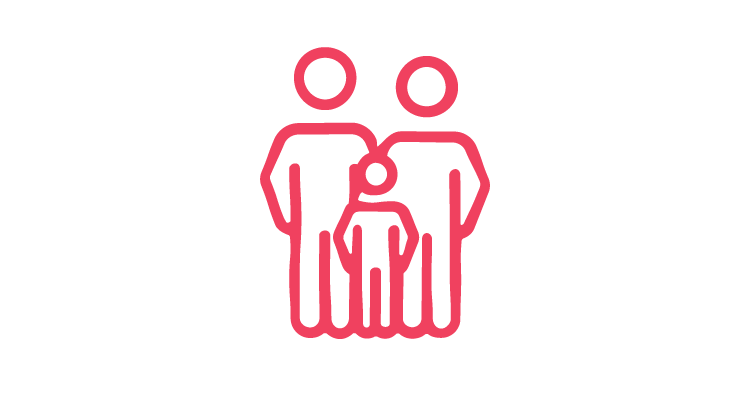“Sex-ed that starts in kindergarten” sounds alarming to some people. Which is a shame, because the reality is absolutely wholesome and adorable. This month we brought in-person workshops to K-4th graders at the wonderful El Rio school, and they’ve been a hit with students and teachers alike. We’ve talked about different kinds of families, messages about gender, keeping our bodies clean and healthy, setting boundaries to stay safe, and standing up for yourself. They’re the same messages that most parents and educators tell us they want to reinforce continually as children grow. The students we’ve shared them with have been excited to give voice and vocabulary to these complicated personal issues, already present in their lives, but often avoided by uncomfortable adults.
It’s a delight to lead a group that wants to tell you everything; by middle and high school, lots of them begin avoiding eye contact with teachers. Getting to share and hear each other is clearly one of the most important pieces of the class, especially for kids who are still catching up on social skills post-quarantine. A child telling their peers that they have two daddies or mommies, or a grandparent at home, or divorced parents with two houses, is not only meaningful for them, but normalizes these differences for the whole group. When someone insists that these topics only be discussed in the home, and not at school, this affirmation and opportunity to practice respect for differences is lost.
Appropriate sharing and listening are important skills for every age and every school subject; our goals are just as much about modeling healthy relationships as delivering information. Kindergarteners were eager to tell us what they already know about their bodies; though most of them probably already knew the names of their genitals, we got wide-eyed looks and some shock when we said them out loud. We reassured the group that it was ok to giggle or feel strange about hearing those words at school, but knowing words for all the parts of your body is important so that you can tell a doctor or trusted adult if something hurts. Children heard about the importance of keeping the “doorways” to the inside of our body clean, like brushing our teeth and wiping correctly. Then we got to hear from students about a number of items that should absolutely not be stuck into ears or noses, which was also excellent health and hygiene advice.
Gender-inclusion is a core component of how our company presents sexual health education, and after our first week at El Rio we heard from teachers that this framing was profoundly affirming for several transgender and nonbinary students at the school. In a class on messages about gender, we explained that some people are both, neither, in between, or outside of “boy” or “girl”, and a hand immediately shot up and replied, “that’s me, I’m not a boy or a girl”.
I got to respond cheerfully with “that’s awesome, thanks for sharing!” and then I had to quickly come up with alternative wording to give an equal level of affirmation to the next four kids who also wanted to tell the class that they weren’t a boy or girl either. We talked about the idea of “representation”, and how good it feels to see and hear about other people who are like you, and how wonderful it is to learn about lots of different kinds of people, so that we can include everyone. The discussion was pure heartwarming delight; in another drawer of feelings next to that, I’m holding the sadness of knowing how many LGBTQ+ teens seriously consider ending their own lives because they never had this kind of acceptance.
Creating “age appropriate” sex education is entirely about the context for new vocabulary and concepts. Respect, health, safety, and inclusion shouldn’t be controversial themes, and we want to build knowledge and skills in these areas long before students begin thinking about sex. Everybody has a body; everybody has feelings; everybody has relationships; those are true for all of us, for our whole lives; that’s why we teach classes for K-12th grade as well as adults. We all need the lessons, forever.




